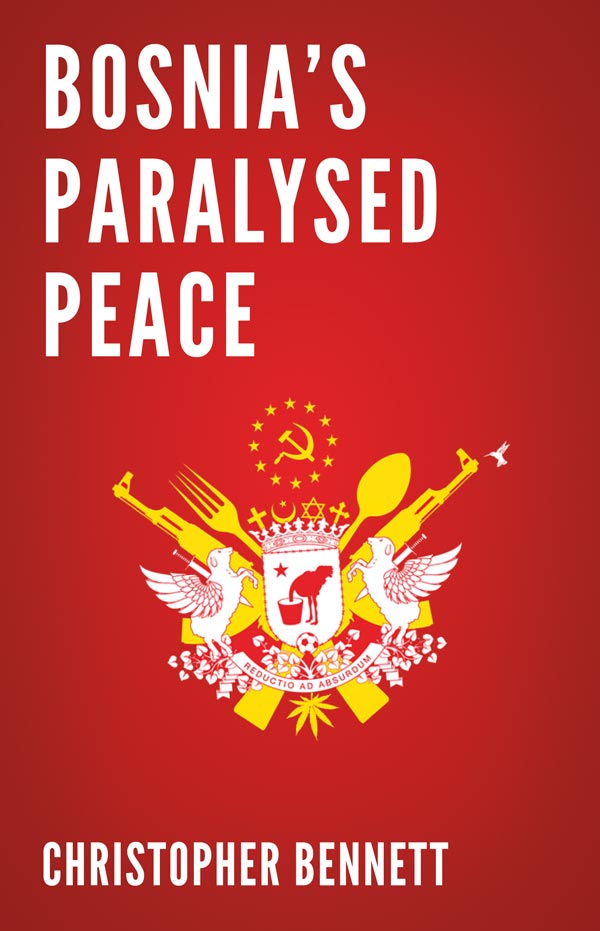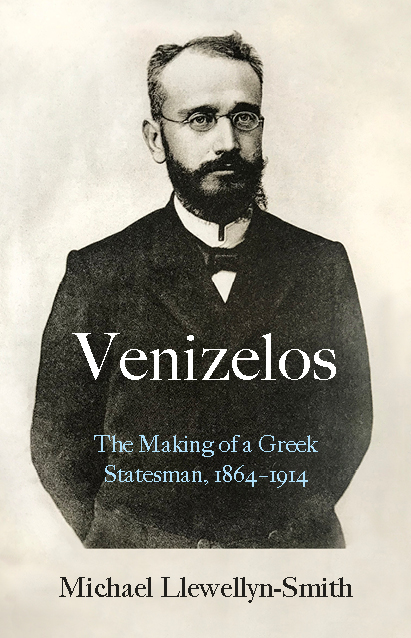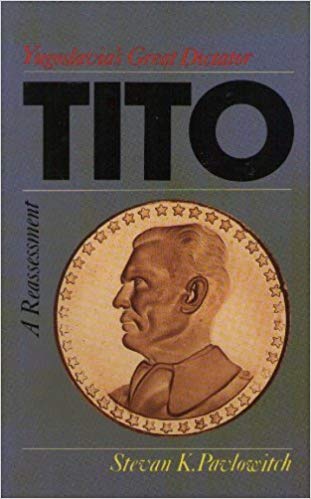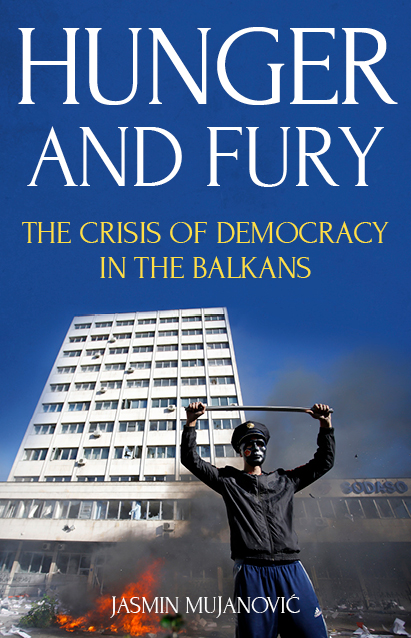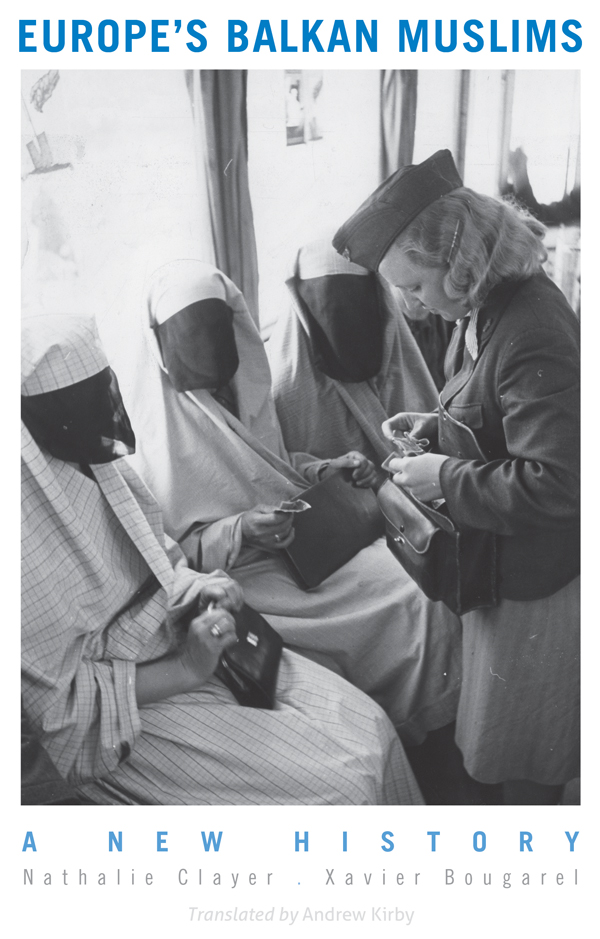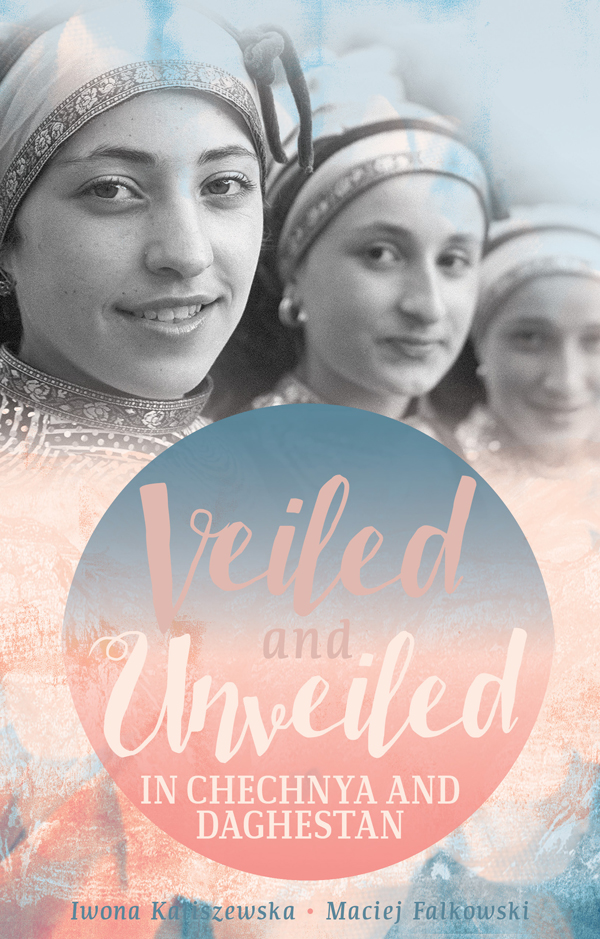Description
Two decades after the Dayton Peace Agreement came into force, Bosnia is not at war. However, the absence of war is not peace. Bosnia has failed to move on from conflict. Political processes are deadlocked. The country is in a state of political, social and economic paralysis. As the international community has downgraded its presence, conditions have deteriorated, irredentist agendas have resurfaced and the outlook is increasingly negative. War remains a risk because of myriad unresolved issues, zero-sum politics and incompatible positions among rival ethno-national elites.
In the face of paralysis, international officials repeat the mantra that there is no alternative to Bosnia’s European path and urge the country’s leaders to see reason, to temper their rhetoric and to carry out internationally approved reforms – to no avail. Despite international reluctance to recognise failure, the day will come when it is impossible to ignore the gravity of the situation. When that day arrives, the international community will have to address the shortcomings of the peace process. This, in turn, will involve opening up the Dayton settlement. Christopher Bennett presents a cautionary political history of Bosnia’s disintegration, war and peace process. And he concludes by proposing a paradigm shift aimed at building ethno-national security and making the peace settlement self-sustaining.
Table of contents
Preface
Acknowledgements
Abbreviations
Guide to pronunciation
Map
Chapters
1. Introduction
Deep-rooted conflict
Peace-building challenge
Measuring success
2. Bosnian Question
Balancing act
Ethno-national identities and rivalries
Brotherhood and unity
3. Disintegration
End of communism
Democratic dawn
Descent into war
4. War and Peace
Self-determination, legitimacy and hostilities
Recognition and recrimination
Peace-brokering amid ethnic cleansing
Getting to Dayton
5. Elections at Any Price
Peace or just a ceasefire?
Contours of the settlement
Civilian deployment
Elections, pseudo-democracy and institutional paralysis
6. Overriding ‘Democracy’ to Implement Dayton
Changing course
Promoting ‘moderates’
Building multi-ethnicity
Justice
Institution-building
Euro-Atlantic integration
7. Rhetoric and reality
Assessing the process
Limits of liberal peace-building
Dark side of democracy
8. Whither Bosnia?
Diplomatic autopilot
Zero-sum politics and ever-rising tension
Transitioning
Reforms and responsibility
Deadlock, decay and debt
Prospects
9. Changing the logic of Bosnian politics
Recognising failure
Salience of ethno-national security
Revisiting the Bosnian Question
10. Conclusion
Treating symptoms
Post-conflict to pre-conflict
Changing incentives
Bibliographical note
Index
Reviews
‘Excellent new book … A sobering account of international policy on auto-pilot, Bosnia’s Paralysed Peace should serve as a warning in Brussels, Berlin and Washington.’ — Times Literary Supplement
‘Bosnia’s Paralysed Peace is an important book. Bennett is a highly original thinker and his prose reflects the brilliance of his thought.’ — The National
‘Readers who think the Bosnian tragedy ended long ago and that the 1995 Dayton accords set the country on a path to peace and stability are in for a surprise. […] As Bennett makes clear in this tough-minded book, the Dayton settlement ended the violence but dealt more with its symptoms than its underlying causes, which still linger.’ — Foreign Affairs
‘There is a real need for a balanced, well founded, deeply researched and comprehensive book which documents why Bosnia and Herzegovina’s ascent towards a sustainable peace in the first ten years after Dayton, turned into a descent back into fracture, division and dysfunctionality in the second post-Dayton decade. This book fulfils that need, admirably and should be required reading for all those who know and love Bosnia — and necessary reading for all those interested in the process of building peace after conflict. It is not necessary to agree with every judgement or to support every analysis to recognise that this is an important, weighty and admirable work on the tragedy for Europe and the Balkans, that Bosnia is now, in 2016, not prospering in a sustainable peace, but mired in a paralysed one.’ — Paddy Ashdown, former High Representative for Bosnia and Herzegovina
‘An excellent text — it is well structured, reads smoothly and displays a strong, confident grasp of the subject material – which is what one would expect from Christopher Bennett writing about Bosnia.’ — Dr Marko Hoare, Kingston University and author of The History of Bosnia
‘A desolate story of squandered peace-building opportunity, lucidly and meticulously told. Christopher Bennett makes a compelling case that renewed genocidal violence between Bosniaks, Serbs and Croats is a real risk, and that the only hope for Bosnia is for international pressure to force changes to its political system that would reward cross-group support and cooperation rather than zero sum intransigence. His argument cries out to be heard.’ — Gareth Evans, President Emeritus of the International Crisis Group and former Foreign Minister of Australia; author of The Responsibility to Protect: Ending Mass Atrocity Crimes Once and for All
‘Few can rival Christopher Bennett’s expertise on the contemporary history of Bosnia & Herzegovina. His intimate knowledge, garnered over decades of working as a journalist and for international organisations, is brought to bear in this important and timely study of post-Dayton Bosnia. Bennett pulls no punches in his assessment of the shortcomings of the country’s governing structures and the role played by the international community. Well written and concise, this book is, quite simply, vital reading for anyone attempting to make sense of the complexities of a country still burdened by the legacy of the 1992-95 war.’ — Kenneth Morrison, Reader in Modern Southeast European History, De Montfort University, and author of The Sandžak: A History
‘There have been surprisingly few accounts of the international community’s engagement in Bosnia following the signing of the Dayton Agreement in 1995 written by individuals closely involved in that process. Christopher Bennett’s book is a welcome, thoughtful, and trenchant contribution to our knowledge and understanding of the complex history of “Dayton Bosnia” from a well-placed insider.’ — Bruce Hitchner, Director of the Peace & Justice Studies Program, Tufts University, and Chairman of the Dayton Peace Accords Project
‘Chris Bennett’s deep experience gained from working in international organisations in Bosnia for two decades informs and brings authority to this call to “rethink” that country. Unlike many the many critics, who say “things must change”, this book actually contains well-thought out and serious proposals for how change could be approached, which all concerned will have to consider. As the author himself notes, policy makers might not accept his particular proposals, but they are a distinctive and innovative challenge, and they point the way for new thinking on Bosnia. This makes them essential reading for anyone engaged with peace, security and development in that blighted country.’ — James Gow, Professor of International Peace and Security and Co-Director of the War Crimes Research Group at King’s College London.
Christopher Bennett has penned a historically solid, analytically robust and comprehensive account of the road from the Dayton Peace Agreement to the present Europeanization strategies. If one were to read only one book to get introduced to Bosnia’s recent political history, this could very well be it — International Affairs
Author(s)
Christopher Bennett reported from Yugoslavia before and during its breakup. He later became Balkans Director for the International Crisis Group in Sarajevo. From 2006–2014 he worked for the Office of the High Representative in Bosnia as, among other things, Communications Director and Deputy High Representative. He has taught Yugoslav history at the University of London, and is currently Director of the Foundation for the Preservation of Historical Heritage in Sarajevo and honorary professor at De Montfort University in Leicester. He is the author of Yugoslavia’s Bloody Collapse (Hurst, 1995).
